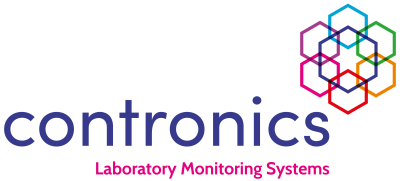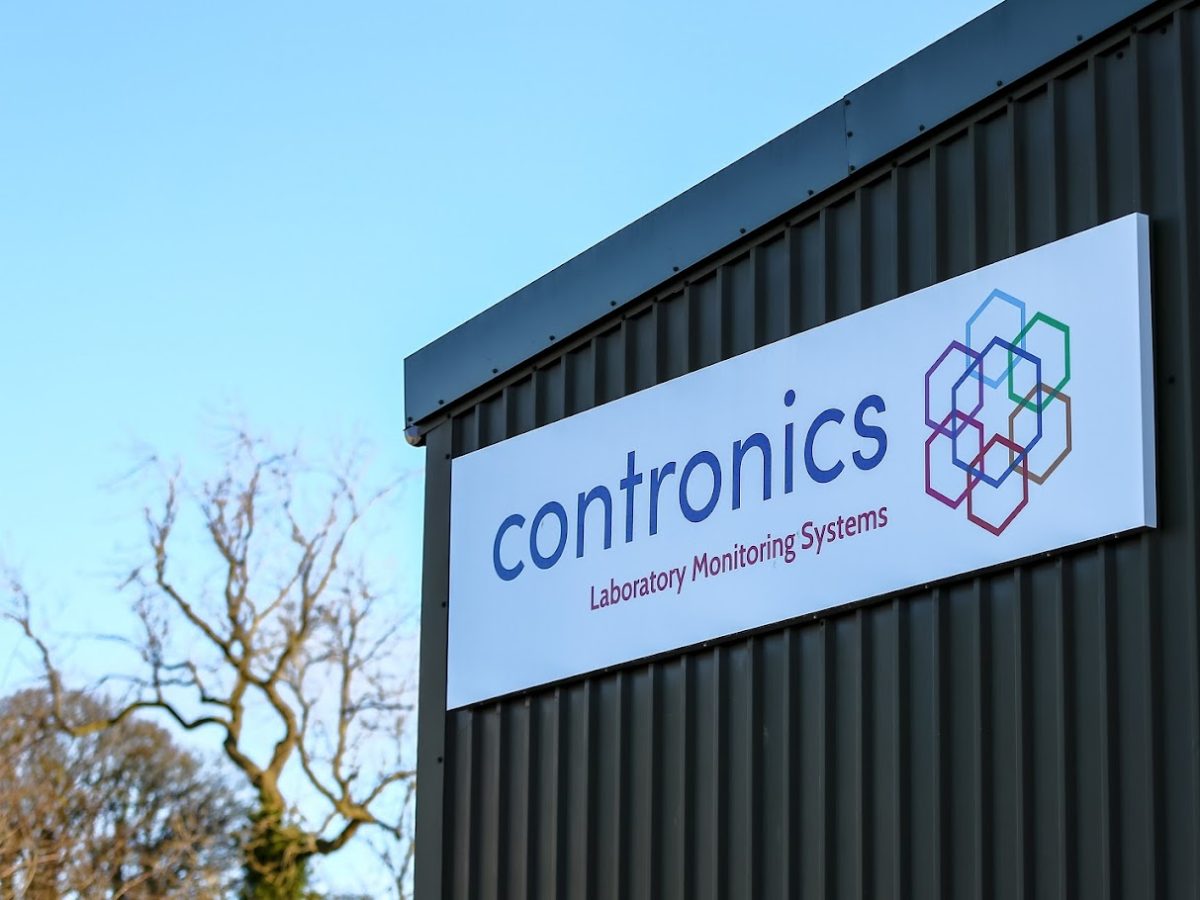Being Acquired
We're not your traditional acquirer of software businesses.
Contronics designs and supplies laboratory monitoring systems, calibration and temperature mapping services to healthcare, life science and NHS organisations. Their temperature monitoring systems are integral for the storage of more than 85% of blood and blood products stored at Blood Centres in England and Wales.

Prior to joining the group, Contronics was owned by Stephane Mery and David Waimann, who had bought the business a few years’ prior. After a period of growth, they felt it was time to sell.
While price was important, the success of the company and the investment strategy offered by a potential acquirer was going to be key to their choice. When speaking with our Portfolio Manager, Richard Clancy, they found Vesta’s approach of being part of a bigger environment whilst still retaining independence and autonomy an attractive option.
Though Stephane and David would not be staying on with the business, they still wanted to ensure the Contronics team would have job security to allow for continuity and stability.
Because of the Covid pandemic, all communication had to be completed remotely for the acquisition. Despite this, we were able to use our knowledge and experience of buying vertical market software companies to keep the process straightforward and smooth for all those involved.
As part of a succession plan organised separately and prior to the acquisition, Paul Flood, who had previously been Operations Manager for 15 years, had taken over as General Manager. When Stephane stepped down, he took on the role of an Ambassador within Vesta Software Group to help support us with further acquisitions.

Being part of the Vesta family has given the company a feeling of continuity and sense of trust. Our ‘buy and hold forever’ ethos means the team will not deal with any upheaval in the future, as the business will never be sold.
As with all our software companies, Contronics can take advantage of our commitment to sharing best practices, ideas and experiences amongst the group. They have access to wider resources to support their growth well into the future, including the option to draw on our additional group resources when there are spikes in workload.